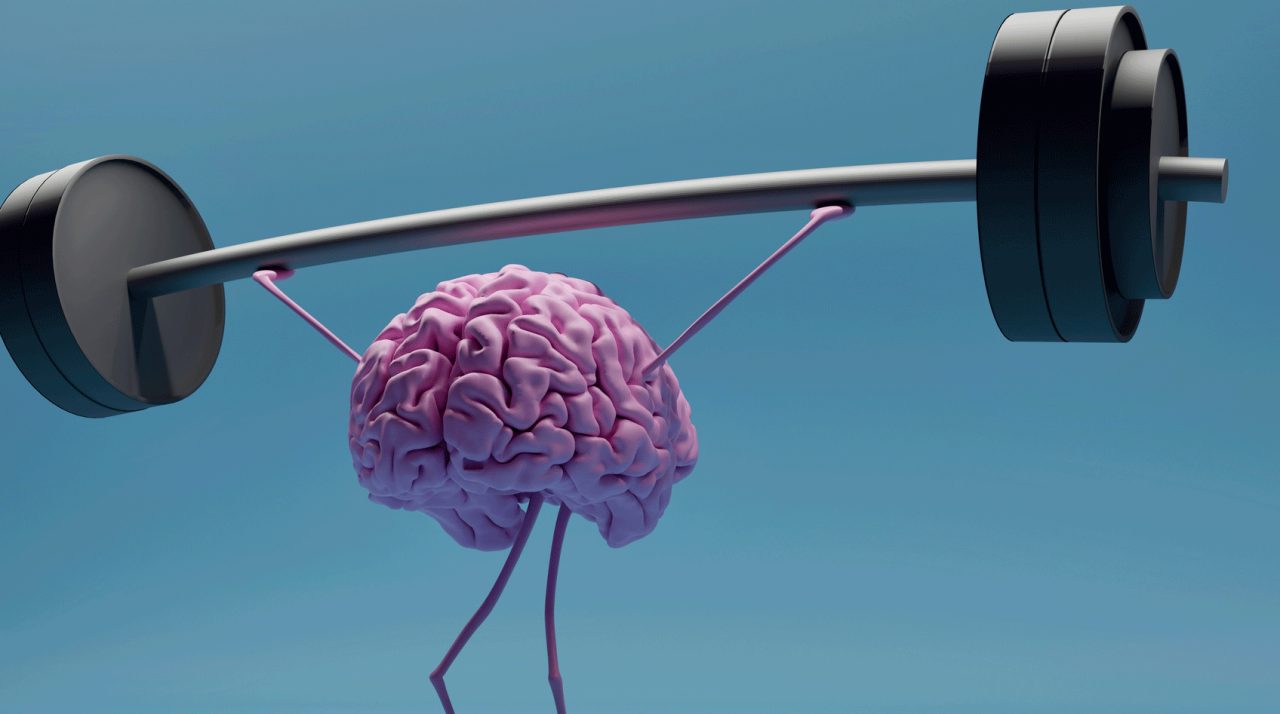High Blood Pressure and Diabetes Affect Your Brain

High blood pressure and diabetes, common conditions in the U.S., can increase your risk of dementia, affecting your brain even in midlife. Learn more.
Two common conditions are altering brain structure in millions of Americans: high blood pressure and diabetes.
Of the many people with high blood pressure — nearly half of all U.S. adults — three quarters don’t have their condition under control.
More than two-thirds of people with diabetes have high blood pressure. Most have type 2 diabetes.
YOU MIGHT ALSO LIKE: What Causes High Blood Pressure?
It’s known that high blood pressure in your middle years increases your chance of dementia. So does type 2 diabetes. Research at Oxford University has looked at the impact on thinking before dementia sets in.
The team analyzed MRI brain scans of more than 22,000 British people participating in the UK Biobank project. The researchers looked for structural changes in the brain, specifically in the grey matter, the site of memory and decision-making — among many other functions — and the white matter pathways that allow communication between different regions of the brain.
The team noted that tell-tale brain scan signs matched up with lower scores on touchscreen tests of memory and thinking speed taken on the day of the scan.
In people between 44 and 70 years old, higher blood pressure was linked to those lower scores. Surprisingly, this wasn’t true in people over the age of 70.
Only 5 percent of those enrolled in the study had a type 2 diabetes diagnosis, which also was tied to poorer scores.
The difference in functioning was small — not anywhere close to dementia. But it suggested that a decline had begun that would be more noticeable with age.
How to lower your blood pressure
High blood pressure could be affecting blood supply to your brain, damaging it over time.
The good news is that there are ways to manage blood pressure. Isn’t it motivating to know that healthy blood pressure will keep you thinking more quickly in middle age and lower your dementia risk?
A first step is to check your blood pressure and fill and use any prescriptions. Then check again to make sure your medication is working. Many people need a combination of medications rather than just one.
Blood pressure often increases with weight, especially in people who develop sleep apnea. You can cut 1 mm Hg from your blood pressure for about every 2 pounds you lose.
The apple shape — big waistline and belly — is another risk factor. Men need to keep their waist at 40 inches or fewer, women at 35 or fewer.
Exercise about 30 minutes most days — 150 minutes a week — and you can lower your blood pressure around 5 to 8 mm.
How to manage your blood sugar
Diabetes can damage blood vessels and trigger vascular dementia, in which blood flow to the brain is blocked.
Alzheimer's disease has even been described as a kind of “brain diabetes” or "type 3 diabetes.”
But, again, you can take steps early.
More than one of three Americans have prediabetes, meaning they are likely to become diabetic if they don’t lose weight or take Metformin, a medication for diabetes, or both. This online screening quiz will give you an idea of your risk. Buy an at-home test at major drugstores for $40 or less.
It’s especially important to monitor your three-month average for blood sugar if you are taking a statin drug, often prescribed for people with high blood pressure. Statins can increase your chance of developing diabetes, according to two large 2019 studies (See: “Statins and Type 2 Diabetes”). In one study, Midwesterners who took statins for longer than two years tripled their chance of diabetes.
A healthy weight and waist measurement will also reduce problems with blood sugar that could lead to diabetes. Losing as little as 5 to 7 percent of your body weight could bring your blood sugar levels down.
Updated:
March 21, 2023
Reviewed By:
Janet O’Dell, RN